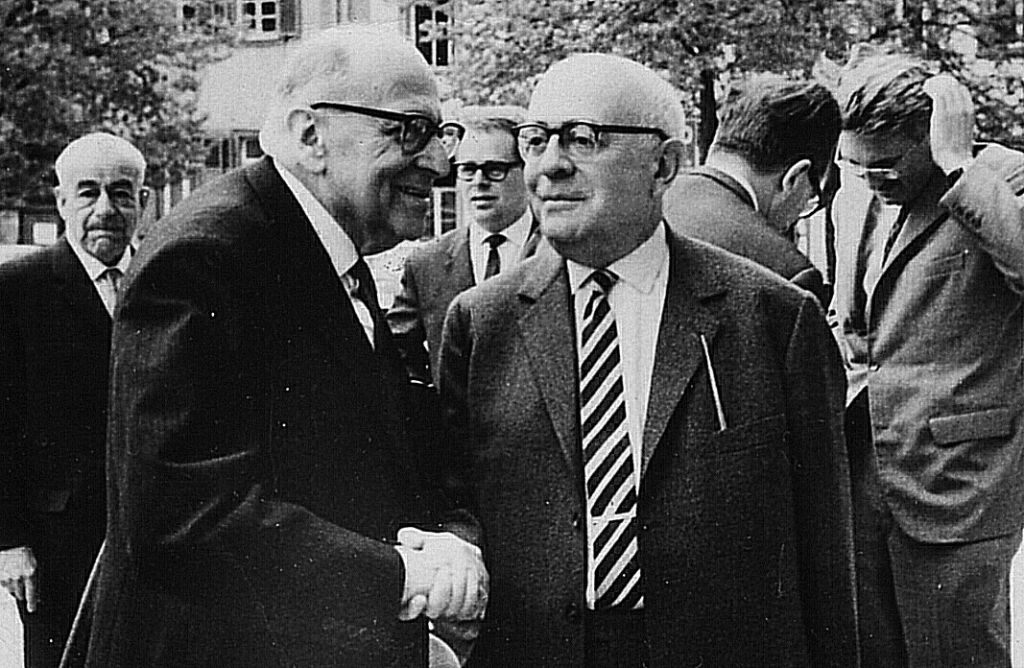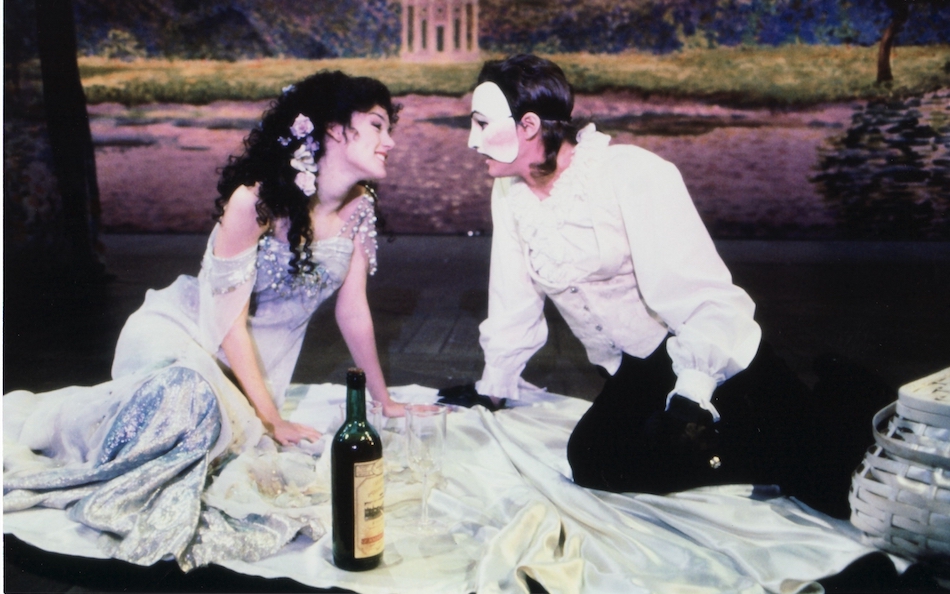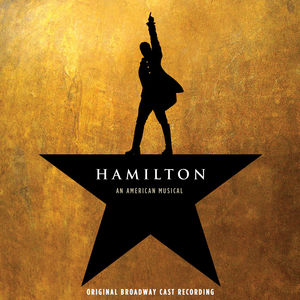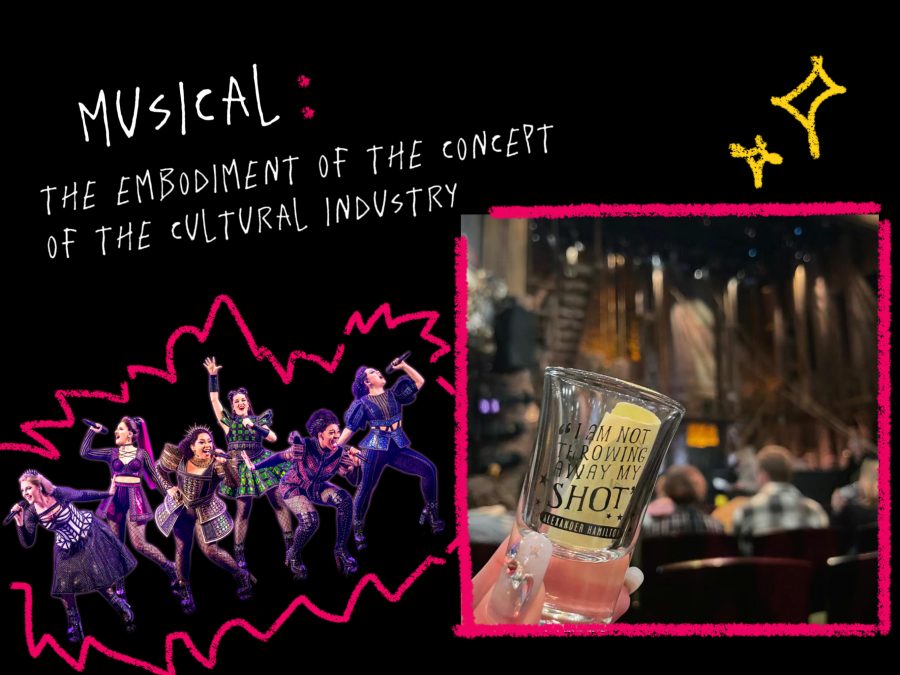As a fan of musical , I have a keen interest in the industry, which as a vibrant and accessible performing art has had a significant impact on modern society through references to popular culture, societal concepts and artistic expression. Musical theatre is a powerful medium for storytelling, often bringing historical, political or social narratives to audiences of all ages to educate and stimulate discussion and reflection.
Musicals often reflect social change, embrace progressive ideas, amplify marginalised voices, and promote wider social awareness and empathy. In addition, musical theatre integrates music, theatre and dance, bringing a wonderful sense of balance that inspires creativity and social engagement among artists around the world.
The concept of cultural industries
In discussing the musical theatre industry, the theories of the Frankfurt School, in particular the concept of the ‘culture industry’ developed by Theodor Adorno and Max Horkheimer(Adorno and Horkheimer, 1944, p.94–136), provide a lens through which to understand how this form of entertainment functions in society.
According to the Frankfurt School, culture is not only a reflection of the economic base, but also has its own independent function and mode of operation. The emergence of the mass media allowed culture to break away from the textual approach and penetrate into the daily life of the masses, and the culture industry became ubiquitous and unopposed.

Passivity of the audience
Theorists of the Frankfurt School argued that the culture industry made audiences passive; they just passively consumed what was presented without critical engagement. This passivity reinforces the dominant ideology and prevents people from recognising the underlying social reality. For example, musicals like The Phantom of the Opera tend to utilise spectacular production values and sensational storylines, focusing on entertainment and spectacle, which can obscure critical engagement with deeper social issues. Reinforcing traditional genre narratives and ideologies.

Art as a Commodity
When people agree on certain ideas or lifestyles, an “elite group” and “high culture” is formed. (Storey, 2021) Here, art is produced and sold like any other consumer product, and profit is usually prioritised over artistic innovation or challenges to social conventions. This is evident in the high ticket prices, merchandise and soundtrack sales of Broadway shows, which make them part of a larger commercial enterprise that often caters to affluent audiences. Shows like Hamilton, while groundbreaking in content, have also become cultural commodities, with ticket prices skyrocketing due to demand, thus limiting access and fuelling social elitism in cultural consumption.

The Frankfurt School’s critical theory highlights how this art form maintains the social status quo through standardisation, passivity and commodification. Despite the challenging and provocative potential of musical theatre, conservative productions are often preferred in the musical theatre market. However, this critical perspective also affirms the potential for more subversive and thought-provoking productions, encouraging more creators.
References
Adorno, T.W. and Horkheimer, M. (1944). Dialectic of Enlightenment. London: Verso. Available from https://www.marxists.org/reference/archive/adorno/1944/culture-industry.htm.
Storey, J. (2021). Cultural Theory and Popular Culture: An Introduction, Ninth Edition. Ninth Edition. | New York : Routledge, 2021. | Revised edition of the author’s Cultural theory and popular culture, 2018.: Routledge. Available from https://doi.org/10.4324/9781003011729.


I like your format.
Your introduction was very comprehensive, you gave specific examples to explain, and you clearly explained the embodiment of musical theatre in the concept of cultural industry.
Your article is very logical, and the type setting is fabulous. The point mentioned by you is really powerful that the original meaning of musical now do have changed, the profound meaning behind has been overlooked, this confirmed the ideas of max and adorno.
The article might benefit from a deeper examination of how audience engagement with musicals has evolved over time, especially in the digital era. It could be interesting to explore the role of social media and online platforms in shaping the reception and interpretation of musicals. Additionally, considering a wider range of musicals, including less commercially successful but critically acclaimed productions, might provide a more nuanced understanding of the genre’s diversity and its capacity for challenging societal norms.